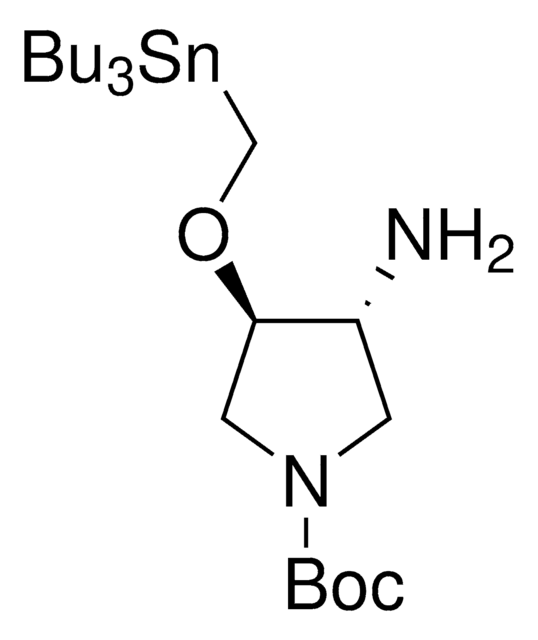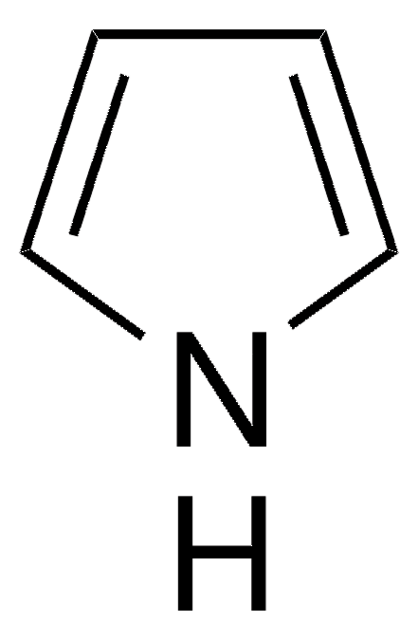About This Item
Recommended Products
form
liquid
Quality Level
refractive index
n/D 1.512
density
1.158 at 25 °C
storage temp.
−20°C
SMILES string
CCCC[Sn](CCCC)(CSCCN)CCCC
InChI
1S/3C4H9.C3H8NS.Sn/c3*1-3-4-2;1-5-3-2-4;/h3*1,3-4H2,2H3;1-4H2;
InChI key
DYBMHPJDHUKXRF-UHFFFAOYSA-N
General description
Application
Automate your N-heterocycle formation with Synple Automated Synthesis Platform (SYNPLE-SC002)
Other Notes
Professor product portal: Jeffrey Bode Research Group
SnAP Reagents for the Synthesis of Piperazines and Morpholines
SnAP reagents for the one-step synthesis of medium-ring saturated N-heterocycles from aldehydes
SnAP Reagents for a Cross-Coupling Approach to the One-Step Synthesis of Saturated N-Heterocycles
Bespoke SnAP Reagents for the Synthesis of C-Substituted Spirocyclic and Bicyclic Saturated N-Heterocycles
related product
Signal Word
Danger
Hazard Statements
Precautionary Statements
Hazard Classifications
Acute Tox. 3 Oral - Acute Tox. 4 Dermal - Aquatic Acute 1 - Aquatic Chronic 1 - Eye Irrit. 2 - Repr. 1B - Skin Irrit. 2 - STOT RE 1
Storage Class Code
6.1C - Combustible acute toxic Cat.3 / toxic compounds or compounds which causing chronic effects
WGK
WGK 3
Flash Point(F)
Not applicable
Flash Point(C)
Not applicable
Regulatory Listings
Regulatory Listings are mainly provided for chemical products. Only limited information can be provided here for non-chemical products. No entry means none of the components are listed. It is the user’s obligation to ensure the safe and legal use of the product.
PDSCL
Deleterious substance
ISHL Indicated Name
Substances Subject to be Indicated Names
ISHL Notified Names
Substances Subject to be Notified Names
JAN Code
798886-1G:4548173370040
798886-VAR:
798886-BULK:
Certificates of Analysis (COA)
Search for Certificates of Analysis (COA) by entering the products Lot/Batch Number. Lot and Batch Numbers can be found on a product’s label following the words ‘Lot’ or ‘Batch’.
Already Own This Product?
Find documentation for the products that you have recently purchased in the Document Library.
Protocols
Saturated N-heterocyclic building blocks or SnAP Reagents are of growing importance for the convenient synthesis of medium-ring saturated N-heterocycles, including bicyclic and spirocyclic structures. SnAP reagents are stable and readily available and can be coupled with widely available aromatic, heteroaromatic, aliphatic, and glyoxylic aldehydes.
Our team of scientists has experience in all areas of research including Life Science, Material Science, Chemical Synthesis, Chromatography, Analytical and many others.
Contact Technical Service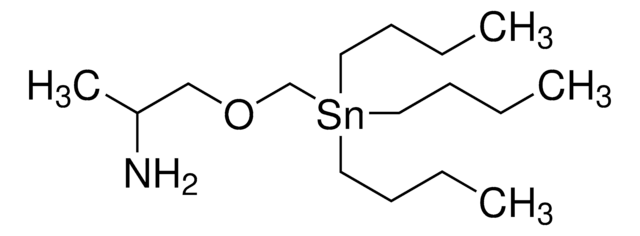
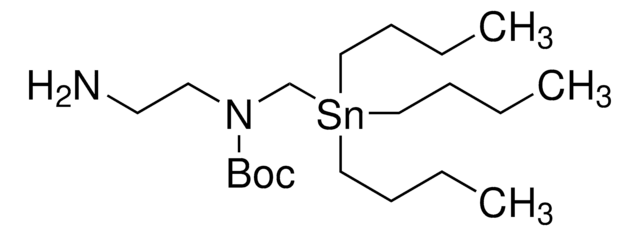
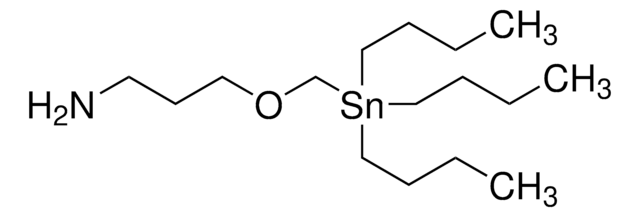
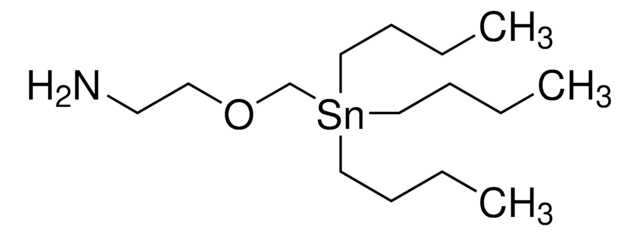
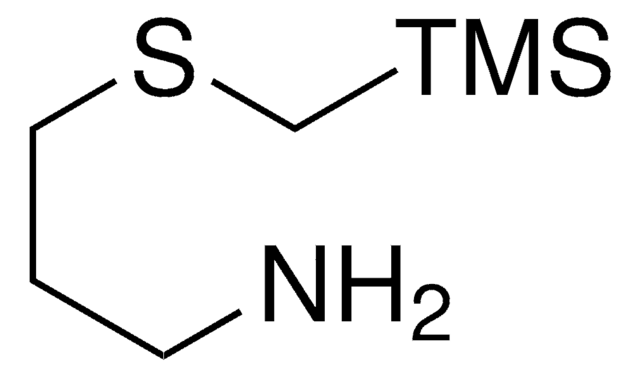
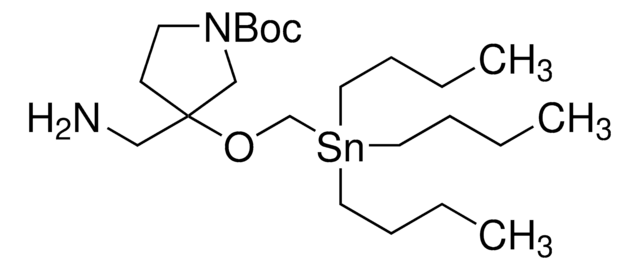
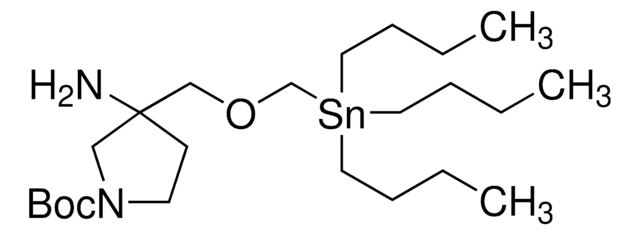
![O-(2-Aminoethyl)-O′-[2-(biotinylamino)ethyl]octaethylene glycol ≥95% (oligomer uniformity)](/deepweb/assets/sigmaaldrich/product/structures/300/798/e23e92b4-9ae0-4a8d-a37e-d57a8195a30e/640/e23e92b4-9ae0-4a8d-a37e-d57a8195a30e.png)
